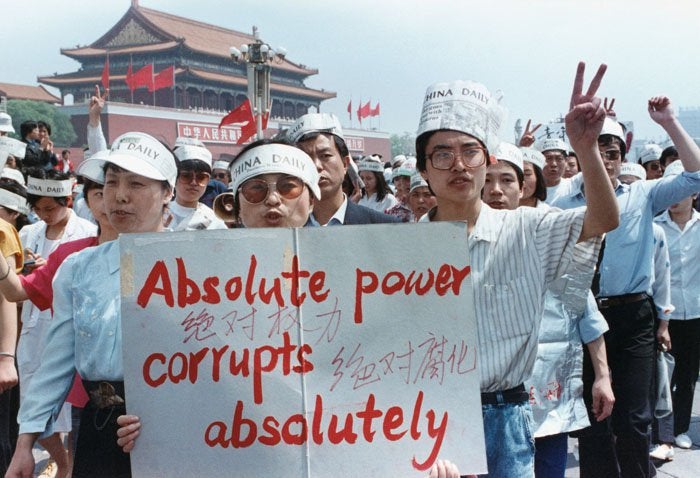
In late 2009, a man ran through a crowded Beijing street with a sword, stabbing around 18 people and killing an unknown number of them. Who was he, why did he do it? People will never know: It was banned from being reported as it would disturb the public to know something like this had occurred — there was no benefit for the Party if it was reported. Thus, the Party determined it would not be on the news and any mention or discussion of it online would be scrubbed.
The only reason I know of this event is because a friend of mine worked for Chinese state TV at the time, and they had been told by the party not to report on the event — so, of course, by telling people what not to report, they knew roughly what had transpired.
In 2014, when a terrorist attack in Kunming killed dozens of people at a train station, it was reported widely. The knife-wielding attackers were terrorists furious over ongoing Uyghur repression in Xinjiang, and stoking fear, anger, and overseas sympathy all served the party. State newspapers and foreign newspapers alike reported on the tragedy for weeks.
In relatively free societies where media and other facets of life are not tightly controlled by the state, it is not a political party or government who determines what news is reported on, but instead the prerogatives of the journalists and editors. I say “relatively free”, because today the vast majority of newsrooms are based on ratings/clicks for revenue. Without a tightly state-curated online environment, individuals are free to upload content to private corporate platforms such as Twitter, YouTube, Substack, Reddit, et al. if they wish to report on their own news. In this case, certain content and perspectives are projected according to the publication, and censorship is performed by the staff running the platforms according to their own beliefs and interests.
Time for the big questions: How can a society plagued by petty in-fighting and divided artificially resist the combined power of another people bound by a singular ideology, regardless of how bankrupt that ideology may be? How can such a loosely organized, chaotic and distracted people come together and achieve what is necessary to prevent the ever-creeping encroachment of totalitarian dictatorships?
Do we need a unifying media presence? Public news that is neither for profit, nor censored according to private companies’ ideologies? A coordinated, cohesive voice that tells people what to pay attention to and care about so that we can actually get something done rather than pull ourselves apart? Is there even a way for such a thing to exist anymore, and if there were, would it even be sufficient? And would doing so not put that society at risk of becoming totalitarian itself?
And, don’t forget the kicker: The result of falling to totalitarianism is becoming totalitarian. These might be difficult questions to ask and answer, but we avoid asking them at the risk of losing the ability to question at all.